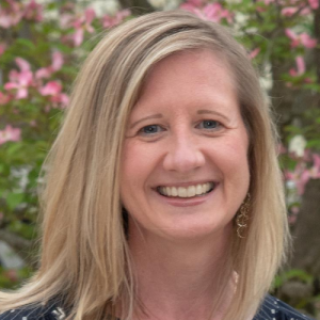State Preschool in a Mixed Delivery System
Lessons From Five States

March 28, 2023
Amid growing demand and increasing need, states across the country are looking to expand public preschool. One of the biggest challenges states face expanding their preschool systems is coordinating preschool providers that operate in very different settings, including local education agencies, Head Start agencies, child care centers, private schools, faith-based centers, charter schools, and family child care homes. While there are many benefits to these mixed delivery systems, it can be a challenge for administrators and policymakers to provide appropriate supports, effectively braid and distribute funding, and maintain quality across such a wide variety of settings.
In a new report written by NIEER with support from LPI, researchers take an in-depth look at how policymakers in Alabama, Michigan, New Jersey, New York, and West Virginia have worked to expand public preschool while addressing these challenges. All five states have taken different approaches, yet each has been able to build high-quality systems that serve at least a third of the 4-year-olds in their state. While there may be more than one path, based on the analysis, the authors identify actions states should consider taking to foster a strong mixed delivery system with consistent quality.
The Authors
Karin Garver is an Early Childhood Education Policy Specialist at NIEER. Her research interests are in national and state early education policy trends, inclusive opportunities for preschool children with disabilities, data systems, systems integration, and public program finance.
GG Weisenfeld is a Senior ECE Policy Specialist at the National Institute for Early Education Research (NIEER) at Rutgers University, Graduate School of Education.
Dr. Lori Connors-Tadros is a recognized national leader in early care and education policy and research and provides technical assistance to states to use research to craft and implement effective policies. Lori has deep expertise in comprehensive state early childhood systems, finance and governance for effective policy implementation, leadership and agency capacity to implement policy and improve access, and research and policy to improve outcomes for young children.
Kate is an Early Childhood Education Policy Specialist at NIEER, where she primarily focuses on state and national policy analysis. Her current work includes collecting, analyzing, and disseminating data for the annual State of Preschool Yearbook report, providing technical assistance to New Jersey school districts and private providers applying for and implementing the state-funded preschool program, among other projects.



